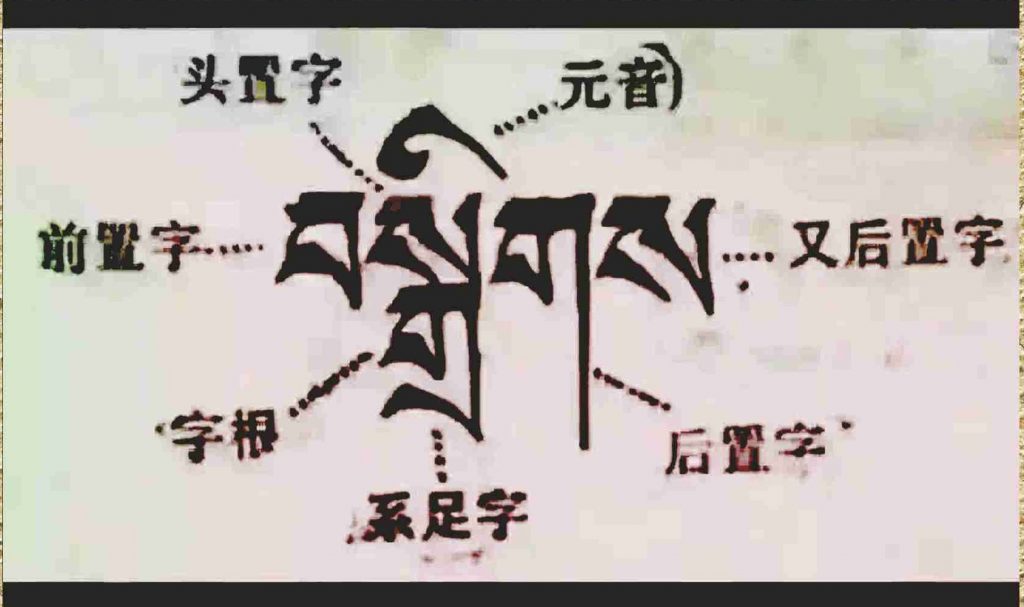
In a shocking development, the Chinese authorities have declared that local laws requiring the use of spoken and written languages among “ethnic minorities” are “unconstitutional”. This further cements the Chinese Communist party’s aggressive attempts to forcefully assimilate minority nationalities into a single Chinese national identity.
Tibetan Centre for Human Rights and Democracy (TCHRD) reports that the National People’s Congress (NPC), which is subservient to the Chinese Communist Party, made this pronouncement in a work report submitted by the Legal Affairs Committee of the NPC Standing Committee in January this year. On 20 January, the Director of the Legal Affairs Committee of the National People’s Congress, Shen Chungyao, announced that schools in “minority areas” were no longer allowed to teach their own languages, declaring such education to be “unconstitutional”.
The Shen Chungyao report justified the use of Mandarin Chinese as medium of instruction in “ethnic minority” areas by stating that “local regulations stipulate that schools of various ethnic groups at all levels should use the spoken and written language of their own nationality or the spoken and written language commonly used by the nationality. Other local laws and regulations provide that, with the consent of the local education administrative department, some courses in the school can be taught in Chinese”, reports TCHRD’s website.
TCHRD report says that China’s brazen attempt at achieving the party-state’s assimilationist goals to neutralise diverse minority cultural and linguistic communities is further justified with the invocation of constitutional provisions that purportedly authorise the NPC and its Standing Committee to review and interpret various administrative and local regulations.
This is not the first statement targeting the status of “ethnic minority” languages, a category that includes Tibetan. On May 2019 in Golog Tibetan Autonomous Prefecture, an order was given requiring all schools from the first-grade to the middle level and at county and township level to stop teaching subjects in Tibetan.
In 2010, a similar directive was launched, promoting the introduction of Chinese language as the main medium of instruction for teaching. It prompted numerous peaceful protests by middle school students in the regions of Golog, Chabcha and Rebgong, among others, dissuading authorities from pushing it further. In 2001, an amendment ruled that “beginning in the lower or senior grades of primary school, Han language and literature courses should be taught to popularise the common language used throughout the country and the use of Han Chinese characters.”
The common language law called the National Commonly-Used Language and Script Law was passed in 2000 and has been in force since 2001. This law provides more areas for the use of Mandarin Chinese in government and education of minority communities. The introduction of national common language law is aimed at educating minority students as Mandarin Chinese users “while allowing the transitional and/or supplementary use of minority languages.” Article 5 of the law is political in nature as it reads: “Use of the common national language must be of benefit to state sovereignty and dignity of the nationalities, be of benefit to national unity and unity of the nationalities, and be of benefit to the construction of socialist material and spiritual civilisations.”

TCHRD report categorically states that Shen Chungyao’s report explicitly derogates from considerable political, economic and cultural autonomous rights guaranteed to minority groups in the Regional Ethnic Autonomy Law. Further derogation is evident in the claim that local provisions for minority languages were “inconsistent with the provisions of Article 19 of the National Common Language Law, Education Law and other relevant laws.”
The NPC Standing Committee’s interpretation of local regulations on minority language provisions is a blatant attack on the rights and autonomous powers of minority nationalities in internal self-determination, conferred by the regional autonomy law. China has neither recognised nor implemented the right to minority language instruction as a linguistic human right, says TCHRD.
Consequently, TCHRD has called on the Chinese authorities to repeal all laws, policies and practices that undermine Tibetan language and directly impact the survival of Tibetan linguistic and cultural identity.
The Chinese mandate was issued days before language rights advocate Tashi Wangchuk was to be released from prison. Tashi was arrested in November 2015, after the publication of an interview by the New York Times in which he talked about his peaceful language advocacy to protect the Tibetan language. He was found guilty of “inciting separatism”, a state security crime, and was sentenced to five years in prison. He was finally released on 28 January 2021, five years and one day after he was detained.
However, he has remained incommunicado since then and remains inaccessible to even his lawyers. Pro-China news outlets reported that he is staying at his sister’s home in Yushu Tibetan Autonomous Prefecture, Qinghai Province, in the Tibetan province of Kham but Tibetan sources could not confirm the same yet.
